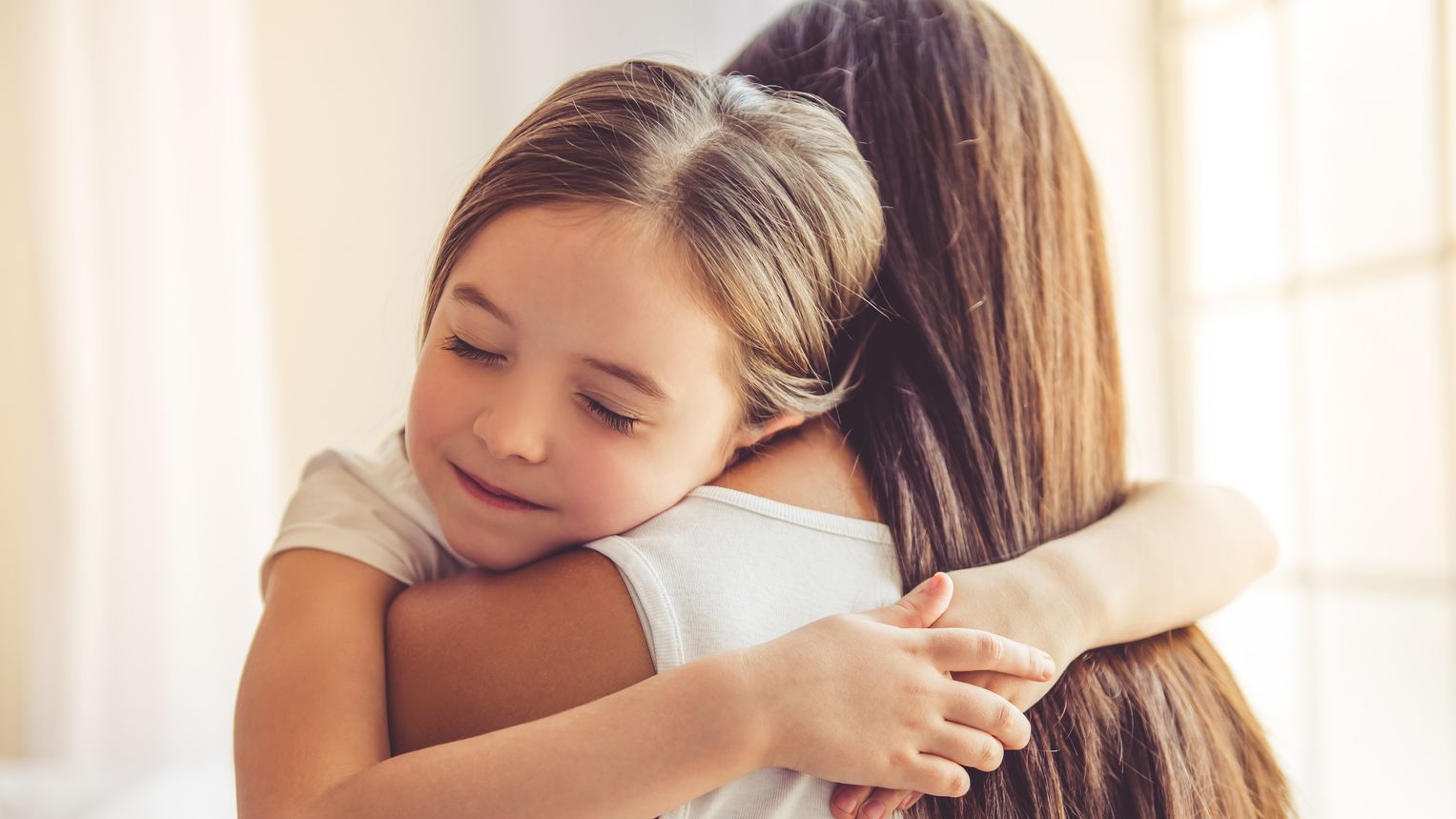Fear vs. Trust In Empowered Parenting

The answers that we seek as parents lie in the silent intimacy between our safety and our gaze into our child’s truth of who they are and what they are meant for.
After a difficult morning, I wanted to take my son to the park to have fun and get out of the house. I had expectations and high hopes of how much fun we would have together. However when we arrived, (surprise, surprise) it didn’t go quite as I had planned. Immediately when we got there, my son started screaming. He was vehemently against the thought of even leaving the car, let alone playing at the park.
Disappointed and caught off guard, I was left with two choices:
To lean into my parenting fears, or lean into the trust I have for myself and my child.
Through practice and experience in
empowered,
peaceful parenting,
I was able to access that choice point moment and chose to breathe through my fears and support what my son truly needed in that moment, rather than pushing my own wants or what I thought was right for him.
Choosing trust in parenting isn’t always easy, especially when fear comes into play. But it is always worth it.
Understanding Where Fear Comes from in Parenting
“My son will never be able to make friends, we’ll never be able to leave the house again, he will never be able to go to school and then he’ll live with me until he’s 35, he’s never going to get married, and it’s all going to be my fault” are just some of the fears that flashed through my mind at that intense moment.
Often, these kinds of downward spirals of fear consume our minds in the most critical moments. The moments of choice when we decide whether or not to interject with what we think is best for our children. These fears coerce us into forcing “our way” on them because when we take over the situation, there is seemingly more certainty and safety for us.
Following those fears may soothe us in the moment, but how does meeting our own temporary emotional safety at the cost of our child’s autonomy affect
them?
For centuries we’ve been parented and have been parenting under the fear based, dysregulated nervous system-based model that demands compliance from children. Not only does this communicate a lack of trust for our children and their own decision making, but also it reflects the lack of trust we have for ourselves.
(Read that again with slow deep breaths.)
We are human and we are supposed to have deeply connective relationships. These kinds of connections are made possible by our deep trust in ourselves and others. If we are in constant fear and disconnect, we can’t possibly open ourselves up to ourselves, let alone others. This same concept flows into parenting and applies to the connection we have with our children.
And, in case you’re wondering what I did that day at the park, I almost made the choice to fall into that fear-based train of thought. That was the point when I remembered to be my own enlightened witness and got curious and asked whether or not the thoughts and feelings rushing through my mind and body were true or false in that moment. Just the act of questioning the truth of our thoughts creates a spacious distance that allows us the perspective to not mistake our mind’s fear-based assertions as facts.
When we lean away from fear and into trust, we can parent in a way that is empowering to our children and ourselves.
A way that allows us to trust ourselves and trust our children.
A way that is rooted in truth and solution.
A way that supports our children to
feel trustable and have a strong sense of autonomy and skilled decision making.
When we trust ourselves, we model to our children how to trust themselves too.
Dissolving Fear and Building Trust
We can justify the use of creative coercion, persuasion, and other power over tools because we think it’s best for our child and what they should want. The truth is, that’s not really what is best for them or what they really need. Often when we try to get our way using these methods, it’s because we are acting on what we want and not necessarily what’s best for our children.
It’s often the fear of losing control that keeps parents in this power-over model, which really comes from a childhood of feeling powerless. Most of us were raised to feel and believe that we were powerless. We felt like we couldn't speak our truth, we didn’t get to advocate for our boundaries, and we didn’t get to know ourselves beyond the image that our caregivers painted for us based upon our behavior, not the essence of who we are.
In adulthood, we want to show our power and prove to ourselves and to life that we can stand up and advocate for ourselves. If we choose to do that by showing our children how powerful we are in order to soothe our feelings of powerlessness, we cause disconnection and further fuel our sense of powerlessness. We also sow the seed of powerlessness in our children. We can soothe ourselves and model healthy connection when we create that healthy, safe connection with ourselves.
We have all fallen into this at some point (or many), and the good news is there is a way to move forward and use better tools and strategies to support our children and their needs while also taking care of ourselves.
Here are some steps we can take to lean into trust:
1. Letting go of the ‘story’ and what you think ‘should’ happen.
2. Breathing through the anger or fear that comes up in your body, and surrendering your love and trust to the child that is right in front of you.
3. Creating solutions through the lens that there is nothing wrong with your child at this moment, knowing they are practicing their best attempt to get their needs met with the tools they have. It’s up to us to model a healthy response for them and to simultaneously make sure their needs get met.
When we lean into trust, trusting the intent of our children, trusting our self-worth and sense of healthy personal power, we can build connection with ourselves and our child, as well as model healthy trust and healthy relationships to our child.
We do this work every day. It’s a practice.
If you're wanting support, to bring this work to your family, (and if you feel called, to bring this incredible work to other families), that is what we’re here for. This is our mission and soul work at the Jai Institute.
You can join us on this journey to bring peace and empowered parenting tools to families all over the world. Click here for more information about our
parenting coach certification program.
Meet Your Author, Rebecca Lyddon, Director of Education & Master Trainer
Rebecca is propelled by a vision whereby she sees children being cared for by adults who are wise, healthy, free, creative, strong, brave, and bold. As a Social Worker, Waldorf Educator, Astrologer, 5Rhythms dancer, Playback Theater practitioner, and lifelong child advocate, Rebecca is thrilled to integrate all of her skills as a certified Parent Coach and Group Trainer.
When Rebecca is not engrossed in deep soul work, she is laughing, dancing, singing and celebrating her life with her beloved, and their two children in Lawrence, Kansas.
Share This Article:
Curious for more?














